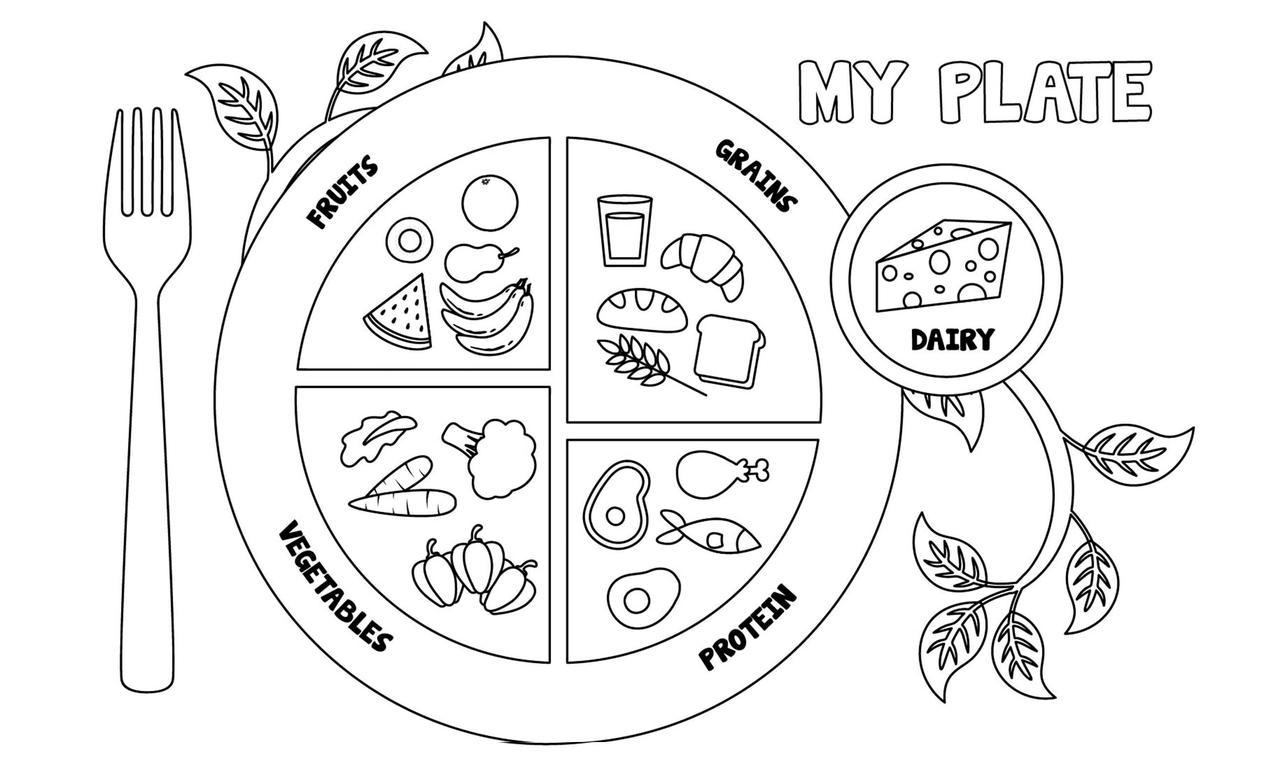Kidney Stone Prevention and Dietary Plan
Kidney Stone Prevention and Dietary Plan
Dietary changes to help prevent kidney stone formation are unique to each child and the type of kidney stone they have. Here at the Kidney Stone Center at Children’s Hospital of Philadelphia (CHOP), we have dietitians ready to provide medical nutrition therapy to assist in meeting your child’s specific needs.
What are kidney stones?
Kidney stones are hard masses of minerals formed in the kidney from crystals in the urine. There are many types of stones including calcium oxalate, calcium phosphate, uric acid, cysteine and struvite stones. The reasons for stones, and the type of stones formed in your child’s body can vary. But studies show that changes to diet can lower risk factors for developing kidney stones.
General nutrition guidelines

Some general nutrition guidelines to help prevent kidney stones include having your child:
- Drink plenty of fluids
- Limit salt intake
- Limit animal protein
- Increase plant-based protein
- Include naturally calcium-rich foods
- Eat a balanced diet (foods from all food groups)
Nutrition to help prevent kidney stones
Hydrating fluids
Your child should drink plenty of fluids, especially water, and water with added lemon juice. To estimate how much your child needs to drink, give them one ounce of fluid for every two pounds of their body weight. For example, if your child weighs 60 pounds, they would need to drink at least 30 ounces of fluid. Another way to think about this is to divide your child’s weight in pounds by two -- that will help provide a good estimate.
Babies less than one year old have different fluid needs and should not be given water. Please consult a dietitian or doctor about fluid needs for your baby.
Citrate-rich foods
Fruits and vegetables high in citrate help stop calcium from building up in your child's urine. Some examples of citrate rich foods include:
- Bell pepper
- Carrots
- Grapefruit
- Grapes
- Kiwi
- Leafy greens
- Lemons (including lemon juice, when added to water)
- Melons
- Oranges
- Pomegranates
- Tomatoes
Plant-based proteins
Including plant-based proteins in place of some animal-based proteins can help reduce the risk of kidney stones. Some examples of plant-based proteins include:
- Beans
- Plant-based yogurt
- Lentils
- Quinoa
- Tofu
Dietary calcium
Getting enough calcium in your child’s diet is important for strong bones and to help prevent kidney stones. Calcium binds with oxalates, which lowers the chance of calcium oxalate stones.
Incorporate calcium from natural food sources like:
- Dairy products
- Cow's milk
- Soft cheeses
- Yogurt
- Green leafy vegetables
- Bok choy
- Broccoli
- Collard greens
- Parsley
- Seeds
- Chia seeds
- Hemp seeds
- Sesame seeds
Omega-3 fatty acids
Foods rich in omega-3 fatty acids can help lower calcium levels in the urine and may reduce the risk of stone formation.
Foods rich in omega-3 fatty acids include:
- Certain types of fish
- Mackerel
- Salmon
- Fish oil
- Flaxseeds
Whole grains
Having your child eat more whole grains provides roughage, fiber and micronutrients needed to absorb calcium from the blood and limit calcium excretion in the urine.
Whole grains that are good for kidney health include:
- Barley
- Farro
- Oats
Foods to avoid for kidney stones
High-sodium foods
Eating too much sodium can make your child’s body lose more calcium in their urine, which raises the risk of kidney stones. Sodium is another word for salt and is also found in preservatives and processed foods. The right amount of sodium depends on your child’s age. Your CHOP dietitian can help you to know the right amount for your child.
To help lower sodium intake, encourage your child to avoid foods with lots of added salt, including and not limited to:
- Dressings
- Hamburgers
- Many items from fast food restaurants
- Processed foods:
- Chicken nuggets
- Cheese crackers
- Hard cheeses
- Lunch meats
- Seasoning packets
Have your child choose low-sodium seasonings, dips and softer cheeses, which are usually less processed.
Sugary and caffeinated drinks
Energy drinks, some protein shakes and beverages with high fructose corn syrup, added sugars or caffeine can contribute to kidney stone formation. Have your child choose healthier drink options like water or natural juices.
Calcium supplements
Calcium supplements are restricted for your child living with kidney stones. It's important they get enough calcium from natural sources like dairy, leafy greens and fortified foods to support kidney and bone health.
High-oxalate foods
Foods naturally high in oxalates can increase the risk of oxalate stones. Eating too many of these foods may contribute to stone formation:
- Chocolate
- Rhubarb
- Sweet potatoes
- Tea
- Wheat bran
Animal-based proteins/processed meat
Eating too much animal meat, like beef, pork, ham, sausages or sardines, can make urine more acidic. This happens because animal proteins contain sulfur, which lowers citrate levels and causes calcium to build up, increasing the risk of kidney stones.
Vitamin C supplements
High doses of vitamin C from supplements, rehydration drinks, powders and nutritional drinks can lead to the buildup of calcium and oxalates in the urine, raising the risk of kidney stones.
Contact our team for more information on how to prevent kidney stones and the best foods to help improve your child’s quality of life.